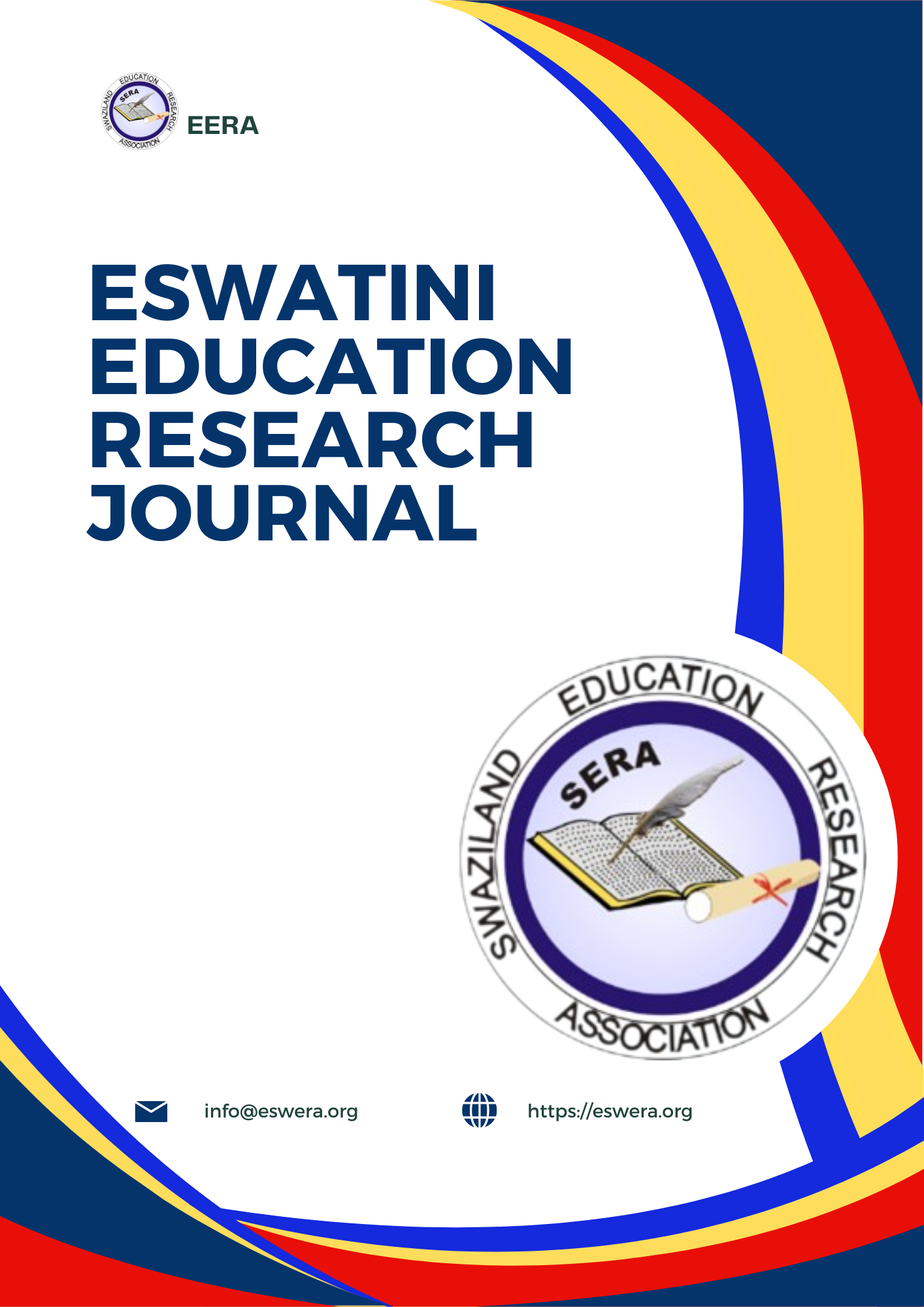Experiences of Postgraduate Students during Proposal Writing and Defence Period
A Wellness Perspective
Keywords:
academic wellness, enhancing, post graduate studentAbstract
The paper discusses experiences of post graduates students in Open Distance Learning (ODL) Institutions during proposal writing. The study was underpinned by Activity theory (CHAT) Lev Vygotsky (1978) and Wellness theory (Hettler,1987), which acted as a lens to enable the researcher gain a deeper an integrative lens of transactional distance theory (Moore, 2007), Cultural Historical understanding on postgraduate students’ experiences during proposal writing until defence period. The study is located in a constructivist paradigm and it is qualitative in nature. Fourteen participants which include 10 post graduates students (age range 35-46) and 4 lecturers/supervisors (age range 44-55) were purposively selected from one institution which was purposively selected as well. The main data collection techniques will be observation, in-depth and focus group interviews as well as supplemented by documentary review. Two focus groups of five students in each group will be formed. Trustworthiness to this study was ensured through credibility, transferability, conformability and dependability. In analysing data, narratives were transcribed from the digital recorder and typed. The researcher used the thematic content analysis to analyse her data. Discussion of findings are based on the following sessions: topic selection; supervision; student commitment; communication as an integral part. Furthermore, conclusions based on the findings in this study are given.
Downloads
Published
Issue
Section
License
Copyright (c) 2025 Mafumbate Racheal

This work is licensed under a Creative Commons Attribution-NonCommercial-ShareAlike 4.0 International License.
The Creative Commons Attribution-NonCommercial-ShareAlike 4.0 International (CC BY-NC-SA 4.0) license terms are as follows:
License Overview: This license allows you to share and adapt the material for non-commercial purposes only, as long as you give credit to the original author and license your new creations under the identical terms.
Key Terms:
Attribution: You must give credit to the original author, provide a link to the licence, and indicate if changes were made.
NonCommercial: You may not use the material for commercial purposes.
ShareAlike: If you remix, transform, or build upon the material, you must distribute your contributions under the same licence as the original.
Permissions:
- Reproduce and share the licensed material in whole or in part for non-commercial purposes.
- Produce, reproduce, and share adapted material for non-commercial purposes only.
- Exceptions and Limitations: Where exceptions and limitations apply to your use, this licence does not apply, and you do not need to comply with its terms and conditions.
Term: The term of this licence is specified in Section 6(a) of the licence agreement.


